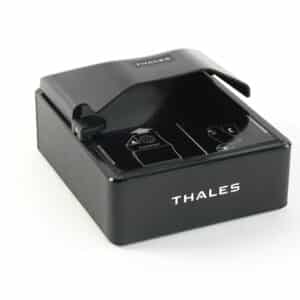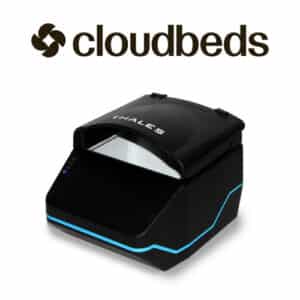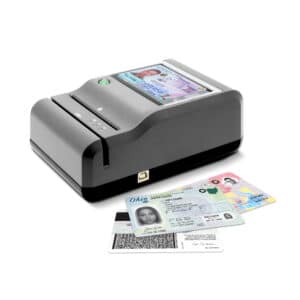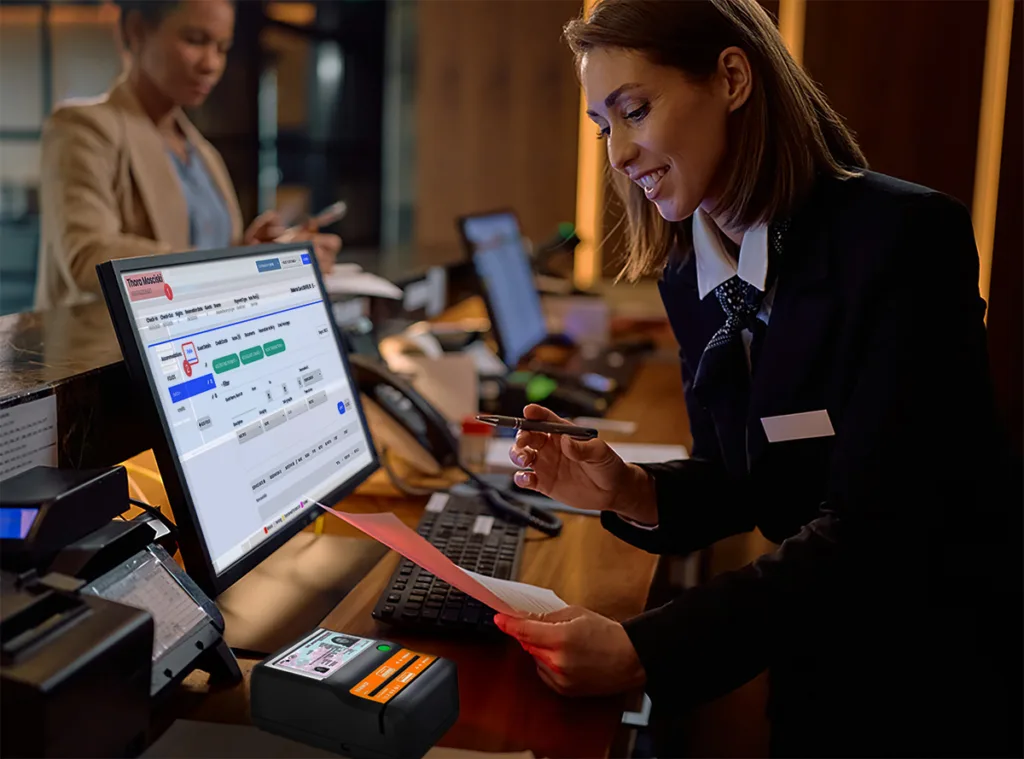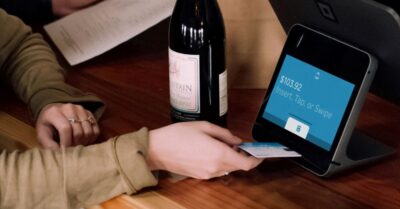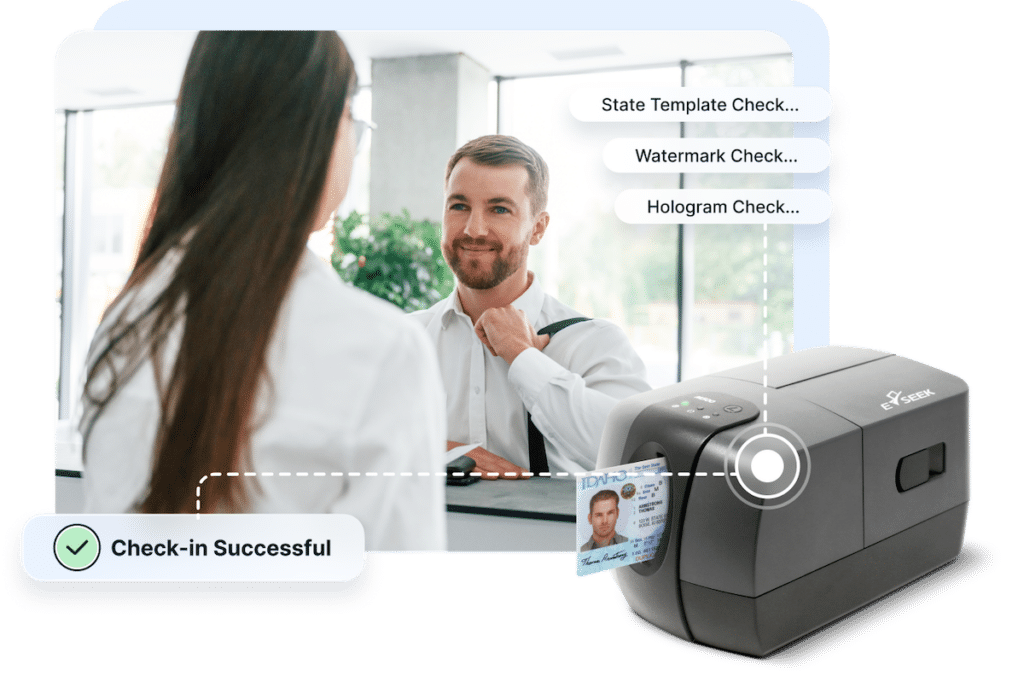
ID scanners for hotels
Expedite guest check-in and reduce fraud and chargebacks with a hotel ID scanner that flags fake IDs and syncs data directly into your PMS or reservation system.
ParseLink for hotels
Improve the guest arrival experience at your hotel with a front desk ID scanner
Hospitality
Data automation
An ID scanner for hotels will save your team time and hassle by automating much of the data entry for each guest. Ensure accurate data that flows seamlessly into your PMS or reservation system.
ID scanning provides 100% accurate, clean data with no typing required.
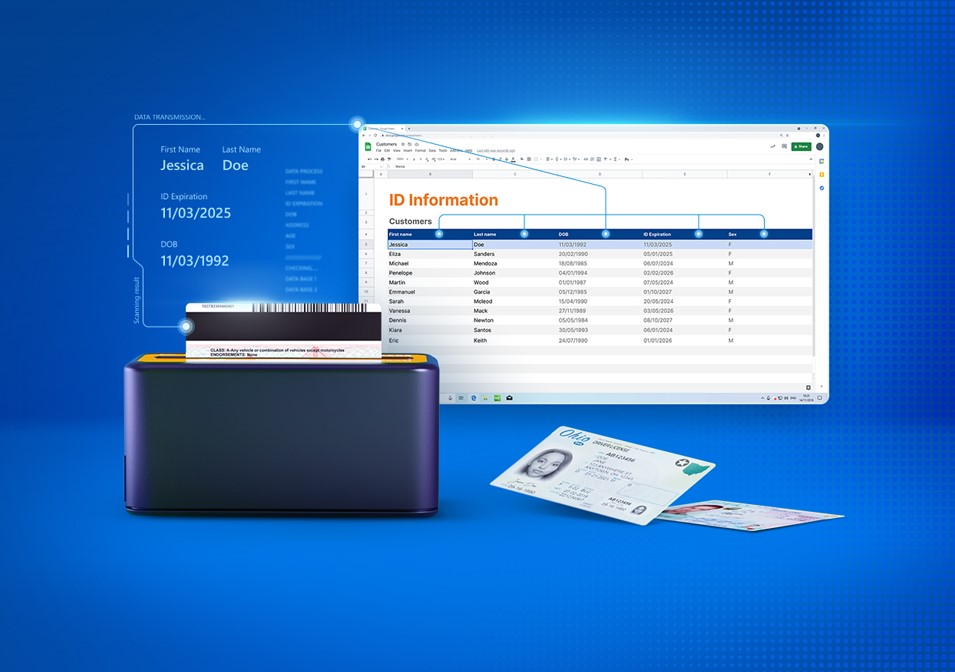
Compatible hospitality software
ParseLink data automation software allows you to send data from a scanned ID directly into your property management system (PMS).
Sync data from scanned IDs and passports directly into Oracle Hospitality PMS.
Sync data from scanned IDs and passports directly into eZee FrontDesk.
Sync data from scanned IDs and passports directly into Choice Advantage.
Looking to integrate ID scanning into your hospitality technology or PMS?
Benefits of ID scanning for hotels
Hotels benefit from clean, accurate data that can be checked against room reservations.

Expedite check-in
Speed up your front desk experience by instantly scanning each guest’s ID.
Verify identity
2D barcode security checks can flag suspicious and fraudulent IDs for your team.
Sync to PMS
All data can be securely sent to your property management and reservations software.
Eliminate paperwork
No more photocopies! Data automation eliminates manual entry and paperwork.
Loyalty enrollment
Auto-populate accurate, typo-free guest information into your loyalty system and marketing software.
VIP alerts
Send a message to your team when a VIP has their ID scanned to provide visibility and continuity of service.
Reporting and logs
Easily export scan logs for a full history of everyone who has arrived onsite.
Popular ID Scanners for Hotels
Shop our integrated hospitality ID scanning bundles, or standalone hardware which can be paired with our data automation tools.

